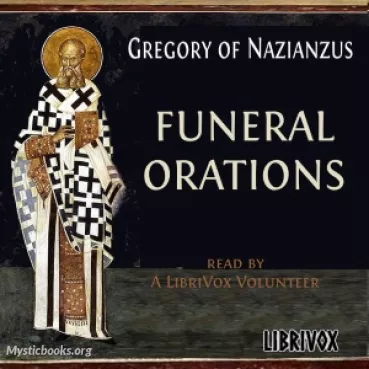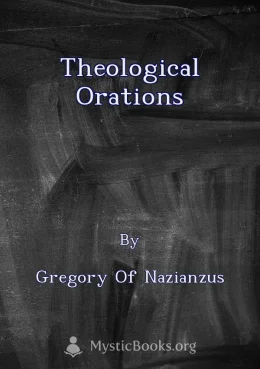
Timeline
Title
Country/Nationality
Gregory of Nazianzus
In the tumultuous world of 4th-century Christianity, Gregory of Nazianzus emerged as a towering figure, a beacon of orthodoxy and a champion of theological clarity. Born in Cappadocia, Asia Minor, around 329 AD, Gregory was destined for a life of intellectual and spiritual brilliance. His father, a bishop, instilled in him a deep love for the Church and its teachings, while his education in Athens and Alexandria honed his rhetorical skills and philosophical acumen.
A Pillar of Orthodoxy
Gregory's life was marked by his unwavering commitment to orthodox Christian doctrine, particularly in the face of the Arian heresy, which denied the divinity of Christ. His Five Theological Orations, delivered in Constantinople in 380 AD, stand as a testament to his eloquence and theological prowess. These orations, a masterpiece of patristic literature, decisively refuted Arianism and solidified the Nicene Creed as the cornerstone of Christian belief.
A Champion of Monasticism
Beyond his theological contributions, Gregory also played a pivotal role in promoting monasticism. He established several monasteries, including one at Nazianzus, and his writings on monastic life inspired countless men and women to embrace a life of asceticism and contemplation.
A Gifted Orator and Poet
Gregory's oratorical skills were legendary, earning him the title of "Gregory the Theologian." His sermons and speeches were infused with passion, clarity, and persuasiveness, captivating audiences and shaping the theological landscape of his time. He was also a skilled poet, penning verses that reflected his deep spirituality and love for God.
A Legacy of Faith and Intellect
Gregory's legacy is one of unwavering faith, intellectual brilliance, and unwavering commitment to truth. He left an indelible mark on the theological landscape of Christianity, and his writings continue to inspire and challenge believers today.
Notable Works
- Five Theological Orations
- Funeral Orations
- Three Poems
Philosophy
Gregory's philosophy was deeply rooted in the teachings of the early Church Fathers, particularly Origen and Basil the Great. He emphasized the importance of both faith and reason, asserting that they were complementary paths to understanding God. Gregory also believed in the transformative power of Christ's love, advocating for a life of compassion, humility, and service to others.
Death and Remembrance
Gregory died in 390 AD, leaving behind a legacy that continues to resonate today. He is venerated as a saint in both Eastern and Western Christianity, and his writings are considered among the most profound and influential in the history of Christian thought.
Interesting Facts
- Gregory was a close friend of Basil the Great, another influential theologian of the 4th century.
- Gregory was reluctantly appointed Archbishop of Constantinople in 380 AD, a position he held for only a few years.
- Gregory's eloquence and intellectual prowess earned him the title of "Gregory the Theologian."
- Gregory's writings remain a valuable source of theological insight and inspiration for Christians today.
Books by Gregory of Nazianzus

Funeral Orations
Step into the profound and eloquent world of "Funeral Orations" by Gregory of Nazianzus, where every word resonates with timeless wisdom. In this captivating collection, Gregory weaves a tapestry of orations that transcend the boundaries of time, off...

Theological Orations
The Theological Orations are a series of five discourses delivered by Gregory of Nazianzus in Constantinople in 379-381. The discourses were intended to defend the Nicene Creed against the Arian heresy, which denied the full divinity of Christ. Grego...